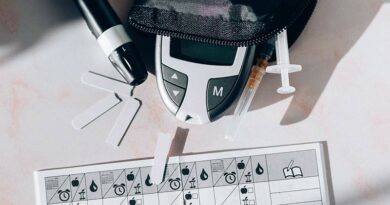Fewer babies with high cholesterol?
Q) Why does an egg contain a lot of cholesterol?
A) Because you need a lot of cholesterol to make a healthy chicken.
The same goes for women and making babies, which is why statins are not to be taken by women trying to conceive, let alone pregnant women. This is also why a small article – “Fewer babies for women with high cholesterol” – caught my eye while browsing health stories last week (Ref 1). The headline made no sense at first sight. It came from an article in the BMJ Open entitled “Women’s prepregnancy lipid levels and number of children: a Norwegian prospective population-based cohort study” (Ref 2).
The study
The study involved 4,322 Norwegian women older than 20 years who didn’t have children at the time of being recruited into a long term population study. The women went on to have no children (1,677 women); 1 child (488 women); or 2 or more children (2,157 women). The data were quite old with the women having given birth to their first (or only) child between 1994 and 2003.
The main objective of the study was to compare the lipid levels – total cholesterol, LDL cholesterol (LDL-c), HDL cholesterol (HDL-c) and triglycerides (TG) – of women before pregnancy to see if there was any association between their lipid levels and the number of children that the woman went on to have.
Cholesterol measurements
As a quick reminder, the equation for total cholesterol is:
Total cholesterol = LDL-c + HDL-c + Triglycerides/5
The standard cholesterol test measures only total cholesterol and HDL-c, so the other two are guessed, sorry – estimated! This study measured total cholesterol, HDL-c and triglycerides and so LDL-c could be worked out from the other three. It’s always worth remembering that cholesterol numbers are far from accurate. A limitation of this Norwegian study was that cholesterol measurements were from a non fasting state. Professor Grant Schofield has written a good blog on that issue here (Ref 3).
The rest of this article is available to site subscribers, who get access to all articles plus a weekly newsletter.
To continue reading, please login below or sign up for a subscription. Thank you.




